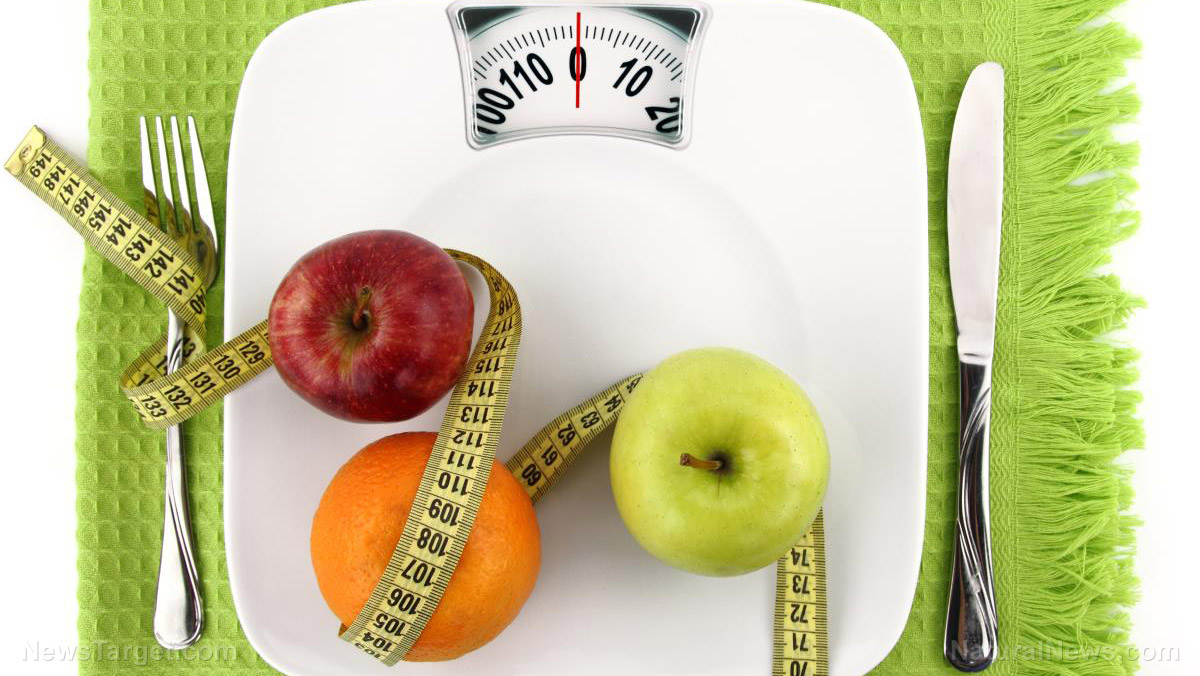
All fats share a similar chemical structure, which is a chain of carbon atoms bonded to hydrogen atoms. However, the four kinds of fat differ from each other because of the length and shape of the carbon chain and the number of hydrogen atoms connected to the carbon atoms.
Trans fats are bad for you
Trans fats, the worst type of dietary fat, are produced due to hydrogenation. This turns healthy oils into solids, which keeps them from going rancid. Trans fats don't have health benefits and there is no safe level of consumption for this kind of fat. It's officially banned in the U.S.
During the early part of the 20th century, trans fats were usually found in solid margarine and vegetable shortening. Food makers eventually discovered new ways to use partially hydrogenated vegetable oils to cook foods like commercial cookies and fast-food French fries.
Eating food that contains a lot of trans fats increases the amount of "bad" low density lipoprotein (LDL) cholesterol in your bloodstream, and reduces the amount of "good" high density lipoprotein (HDL) cholesterol.
Trans fats cause inflammation, a condition associated with health problems like diabetes, heart disease, stroke, and other chronic conditions. This kind of fat aggravates insulin resistance, and this raises your chance of developing Type 2 diabetes.
Small amounts of trans fats are also bad for you. For every two percent of calories from trans fats that you eat daily, your heart disease risk goes up by a whopping 23 percent.
Saturated fats
The American diet contains a lot of saturated fats, especially if you love cheese, coconut oil, red meat, whole milk (along with other whole-milk dairy foods), commercially prepared baked goods and other food products. This kind of fat is solid at room temperature.
"Saturated" refers to the number of hydrogen atoms surrounding each carbon atom. The chain of carbon atoms contains a lot of hydrogen atoms. In other words, it's saturated with hydrogen.
Even if they aren't as bad as trans fats, consuming a lot of food full of saturated fats may increase total cholesterol. This is linked to the increase of LDL cholesterol that may cause blockages to form in arteries in the heart and other parts of the body. To prevent this, keep your consumption of saturated fats to below 10 percent of calories daily.
Monounsaturated and polyunsaturated fats are good for you
Unlike saturated fats, the "good" fats in fish, nuts, seeds, and vegetables have fewer hydrogen atoms bonded to their carbon chains. Healthy fats remain liquid at room temperature.
Beneficial fats are grouped into two broad categories: monounsaturated and polyunsaturated. (Related: Nuts may be tiny but they are powerhouses when it comes to improving your health.)
Monounsaturated fat (oleic acid) has a single carbon-to-carbon double bond, which means it has two fewer hydrogen atoms compared to saturated fat. It has a bend at the double bond, which keeps the fat liquid at room temperature.
Foods that are rich in monounsaturated fats include:
- Avocados
- Olive oil
- Most nuts (e.g., almonds, cashews, hazelnuts, pecans, and pistachios)
- Peanut oil
- Safflower oil
- Sunflower oil
In the 1960s, the results of the Seven Countries Study revealed that monounsaturated fat can be healthy. Data from the study showed that individuals who lived in Greece and other parts of the Mediterranean had a low rate of heart disease even if they followed a high-fat diet.
Researchers discovered that this was because the main fat in their diet was olive oil, compared to countries that consumed a lot of saturated animal fat. The latter is linked to higher rates of heart disease. Olive oil is mostly made up of monounsaturated fat, which highlighted the benefits of the Mediterranean diet.
There's no recommended daily intake of monounsaturated fats, but the Institute of Medicine suggests using them whenever you can together with polyunsaturated fats instead of consuming foods that contain saturated and trans fats.
Polyunsaturated fats are essentials fats, and this means they're required for normal body function. However, the human body can't produce this kind of fat.
You need to consume food that contains polyunsaturated fats since they are required to build cell membranes and the covering of nerves. Additionally, they are crucial for blood clotting, inflammation, and muscle movement.
Polyunsaturated fats have two or more double bonds in their carbon chain, and there are two main types: omega-3 fatty acids and omega-6 fatty acids. The numbers indicate the distance between the beginning of the carbon chain and the first double bond. Both types have different health benefits.
When you consume food that contains polyunsaturated fats instead of saturated fats or highly refined carbohydrates, you help lower harmful LDL cholesterol. This also improves your cholesterol profile and lowers blood pressure and triglyceride levels.
Foods rich in omega-3s include canola oil, fatty fish (like salmon and sardines), flaxseeds, unhydrogenated soybean oil, and walnuts. Omega-3 fatty acids can help prevent and cure heart disease and stroke.
Omega-6 fatty acids can also help prevent heart disease. Sources include linoleic acid and vegetable oils such as corn, safflower, soybean, sunflower, and walnut oils.
To stay healthy, make sure your diet contains little to no trans and saturated fats, along with moderate levels of monounsaturated and polyunsaturated fats.
You can read more articles about the benefits of good fats at Fresh.news.
Sources include:
Please contact us for more information.























